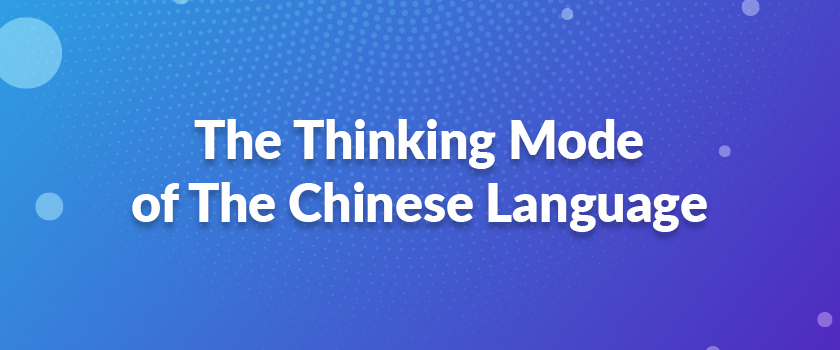The way of narration and explanation in English is from small to large, from particular to general, from special to ordinary. But the thinking mode of Chinese Language is from large to small, from general to particular, from ordinary to special. Take the expressions of time and address as an sample.
一九九年十二月二十五日上午九点半
09:30am on the 25th of December, 1999
中国广州天河区中山大道十号
No. Zhongshan Road, Tianhe District, Guangzhou, China
Chinese forms of address are also from the elder to the younger and from the male to the female. For example, 父子(father and son), 母女(mother and daughter),兄弟(elder brother),姐妹(elder brother and younger sister), 哥俩(two brothers), 男女(men and women), 夫妻(husband and wife), 夫妇(husband and wife),父母(father and mother, parents), 爸爸,妈妈(father and mother, parents),etc.
When introducing people, the Chinese give ranks and title before names, while the English-speaking people give names or simple titles plus names first, then introduce their ranks and titles.
Special questions in English start with an interrogative pronouns and adverbs to ask for unknown information, but special questions in Chinese usually start with the subject of known information then raise the question, for example,
Read Also: Chinese accent when speaking English
What did you say ?
你说什么
Where are you going ?
你去哪里?
When will you come ?
你什么时候来?
Why did you go there ?
你为什么去那?
Whom did you see ?
你看见谁了?
Whose house is that ?
那是谁的房子?
How did he do it ?
他是怎么样做的?
Who saw him ?
谁看见他了?
In the last pair of sentences, the interrogative pronouns “who” and “谁” are both at the beginning of the question because they serve as the subjects.
There are some types of Chinese sentences that have no subject when they describe natural phenomena, time , season, weather or distance. However, the English ones use nonpersonal pronoun “it” as the subject, for example,
Are you looking for Chinese Translation? We are here for your assistance.
It is raining.
下雨了。
It is two o’clock.
两点了。
It’s so hot!
真热!
It is late autumn now.
现在是秋天。
Is it very far to the post office ?
去邮局很远么?
As for the answer to negative question, Chinese is just the opposite to English. For example,
他不是老师么?/是的,他不是老师。
Isn’t he a teacher ? / No, he is not.
你不来么? / 不, 我来。
对,我不来。
Won’t you come ? / Yes, I will.
No, I won’t.
Chinese answers are actually comments on the speaker’s guess. Special emphasis is given to the sensibility in the thinking process. But English answers are based on the truth and an emphasis is given to the logic.
There are many other differences between the English way of thinking and the Chinese one. We may sum up as the following : English thinking tends to analyze patterns, from small to large, which emphasize the individual and reflects the egocentrism of Westen culture, while Chinese thinking tends to view the situation as a whole, from large to small, which emphasize the whole and reflects the group orientation of Chinese culture.
Take a look at how we helped our client by localizing their project for Chinese language. Click here to read the complete case study



